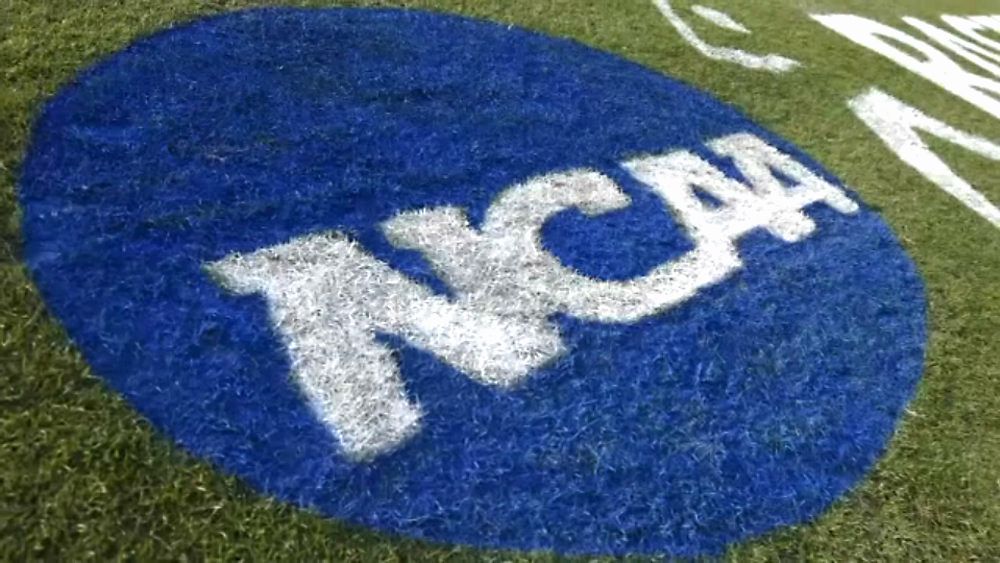The recent passage of a California Fair Pay to Play Act allows athletes to hire agents who can score them big business and sponsorship deals.
And while it doesn't force colleges to pay athletes, it does enable players to get paid for their name, image, and likeness.
"This is from Nike up on down to a local car dealership, going to a local student-athlete and saying, ‘Hey, we'd love to use you in our campaign,’" said John Jiloty, Martin Group Martin Sport vice president.
The move has prompted federal leaders and other states to take a page out California's play book.
New York state Sen. Kevin Parker has introduced a measure Jiloty says is a little more aggressive than the one out west, calling in-part for schools to evenly distribute 15 percent of revenue to all athletes.
"In the New York market you can make a lot more money than the middle of the Kansas market, you know? Then maybe that becomes a different opportunity to a student-athlete than it has," said Jiloty.
State Assemblyman Sean Ryan has introduced his own version, closely standing on the sideline with the bill out west, opposing Parker's bid for schools to pay their players.
"All sorts of companies, coaches, athletic departments, universities, they're making money hand over fist off the free labor of these students. So, I look at it really as a labor law protection," said Ryan, (D) Assembly-Buffalo.
The NCAA is on the defensive side of the argument, as are many of its key conferences.
Leaders with the Mid-American Conference, home of the UB Bulls, say the issues are complex and require inquiry and debates as well as solutions at the national level.
"At a foundational level, collegiate sports are not professional sports. We have an obligation to balance student-athlete interests and amateur regulations with the need to have national rules that facilitate national championship competition," said MAC Commissioner Dr. Jon Steinbrecher.
Similar reaction is coming from the A-10, home of the St. Bonaventure Bonnies, on the complexity of the issues, commenting in-part:
"It is not feasible or practical for individual states to begin setting rules for intercollegiate athletics nationally. This needs to occur within the overarching structure and governance guidelines of the NCAA and its member institutions," said A-10 Commissioner Bernadette McGlade. Her full statement is posted below.
Leaders with the Metro-Atlantic Athletic Conference, home of Canisius Golden Griffins and Niagara Purple Eagles, are out of the country and did not immediately return a request for comment.
The California bill becomes law in January 2023.
The full statement from Atlantic 10 Commissioner Bernadette V. McGlade:
“A student-athlete’s use of his or her name image and likeness (NIL) is a complicated issue. In today’s world the cultural, economic and social landscape has changed, influencing “Generation Z,” as well as public perception and society’s expectations. This changing landscape demands an updated NCAA collegiate amateur model.
“Time is of the essence, as further delaying action and/or implementation of new or revised NCAA guidelines will only force additional state legislatures, as we’ve seen with state of New York, to intervene with the governance of intercollegiate athletics, as California has done by passing Bill 206, the “Fair Pay to Play Act.” It is not feasible or practical for individual states to begin setting rules for intercollegiate athletics nationally. This needs to occur within the overarching structure and governance guidelines of the NCAA and its member institutions. Approving revised NCAA guidelines with permissible legislation for a student-athlete to control their use of NIL can be beneficial, however we should not enter into a “pay for play” employee/employer model within the structure of the NCAA and/or intercollegiate athletics at colleges and universities.”



